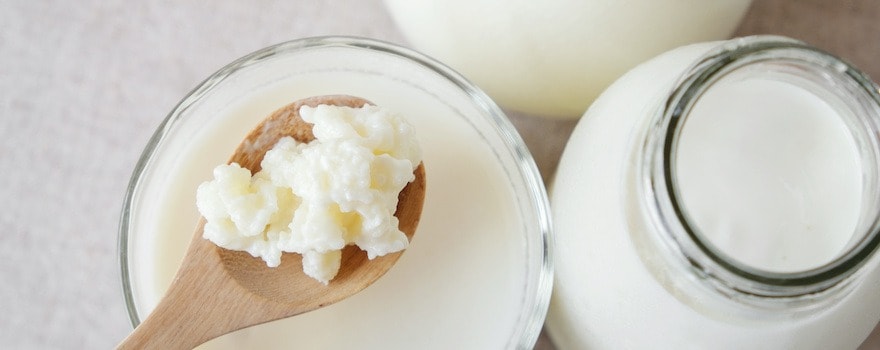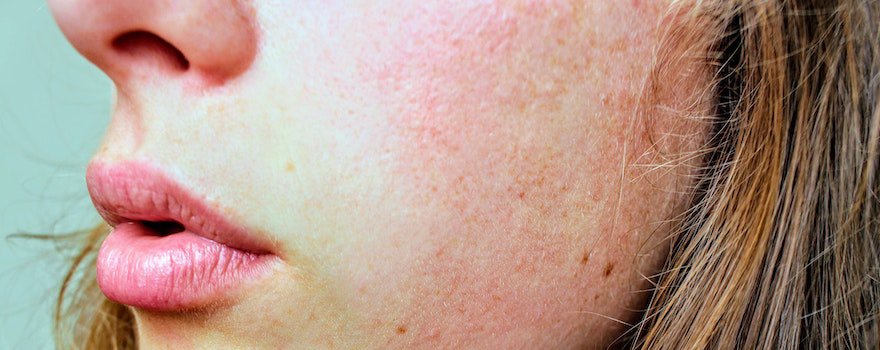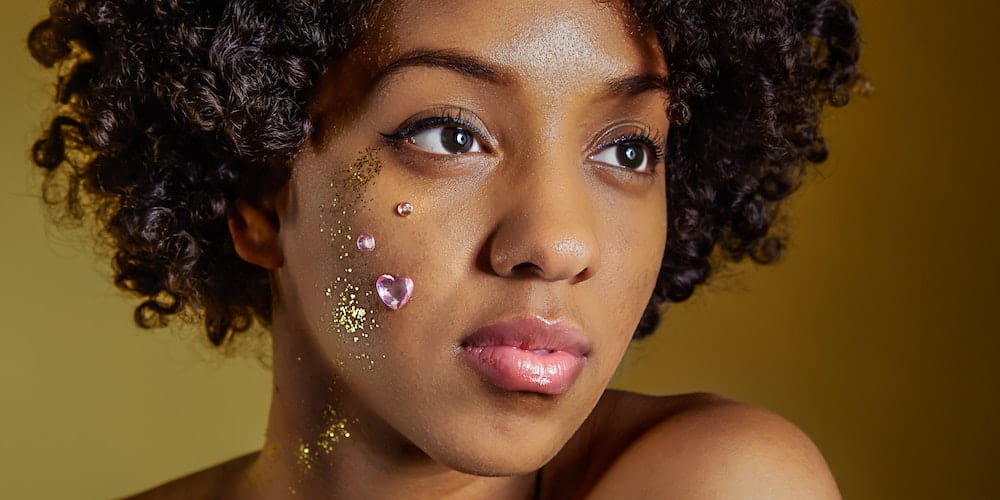What are probiotics?
The term “probiotics” encompasses microorganisms including good bacteria and yeasts. They are found in various microbiotas of the body, such as the intestinal, oral, and skin microbiota.
They feed on prebiotics, a type of fiber found in certain foods. They primarily play a protective role by limiting microbial attacks and inhibiting their activity.
They ensure the balance between good and bad bacteria is always maintained.
At the same time, they boost immunity and the barrier function of mucous membranes.
Probiotics are especially known for their benefits on the digestive system. Indeed, they facilitate digestion, regulate transit, and relieve dyspepsia. Studies also show their usefulness in weight loss.
Also read | How to choose the best probiotics?
Researchers have also been interested in the role of probiotics on the skin. They balance and enrich the skin microbiota.
Moreover, they protect the skin by reinforcing the barrier function and boosting its natural immunity.
Finally, they reduce inflammation often associated with skin conditions such as dermatitis, psoriasis, or acne.
Thus, consuming probiotics could be beneficial for improving skin beauty and reducing acne and its symptoms: pimples, blackheads, excess sebum…
We favor fermented products such as yogurts, brewer’s yeast, or kefir. They are also available as dietary supplements (capsules or powder).
Also read | Probiotics for weight loss

How do they help reduce acne?
They balance and enrich the skin microbiota
These microorganisms have a dual action at the level of the skin microbiota.
On the one hand, they maintain the balance between good and bad bacteria found there. Thus, the former must always be in the majority. Otherwise, this imbalance promotes skin conditions such as atopic eczema or acne.
On the other hand, they support the existing microbial flora and enrich the microbiota if needed. They can increase the populations of beneficial bacteria, thereby improving the composition of the skin microbiota.
This review shows the potential of probiotics in acne treatment. Staphylococcus epidermidis and Lactococcus strains appear to be effective against Cutibacterium acnes, the bacterium responsible for acne.
They protect and strengthen the skin
Probiotics strengthen the skin barrier located at the epidermis level. Acne is often associated with an altered protective “shield”. Indeed, it is less efficient and therefore protects the skin less effectively from external aggressions.
Weakened, it responds with hyperséborrhea (excessive sebum secretion) and the appearance of imperfections. A well-defending skin is therefore less prone to acne.
Finally, probiotics stimulate skin immunity. They boost the skin’s natural defenses that fight against pathogenic germs. Moreover, they modulate the immune response to limit skin eruptions and acne flare-ups.
This study shows the impact of probiotics on the skin microbiota and on the immune system to fight against skin diseases.

They reduce skin inflammation
These microorganisms are interesting in cases of inflammatory acne. Indeed, they are excellent natural anti-inflammatories.
Probiotics can reduce skin inflammation. To do this, they inhibit the production of pro-inflammatory cytokines such as interleukins. These exacerbate skin diseases including acne.
Also read | The best dietary supplements against acne
By reducing inflammation, they soothe discomforts (red, swollen, and hot lesions) and limit imperfections: papules, pustules, comedones… Acne is less severe, and skin outbreaks are less frequent.
This study shows the anti-inflammatory action of probiotics and their beneficial effect on skin diseases.



